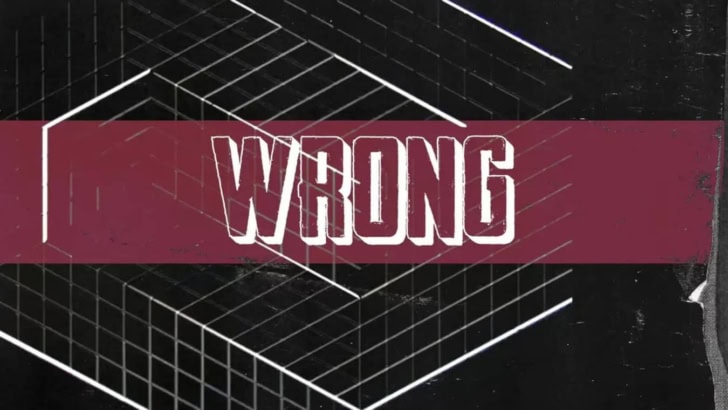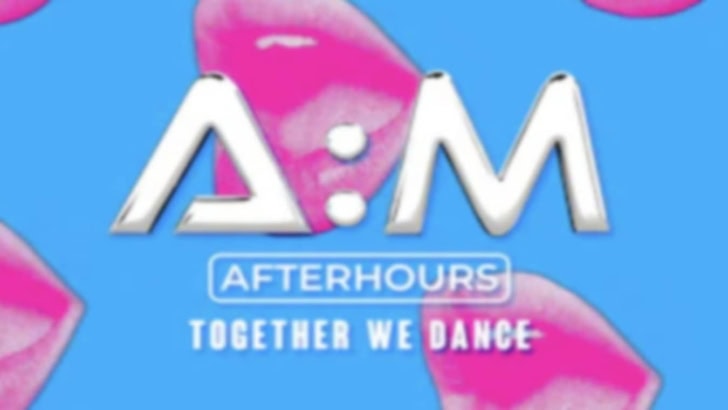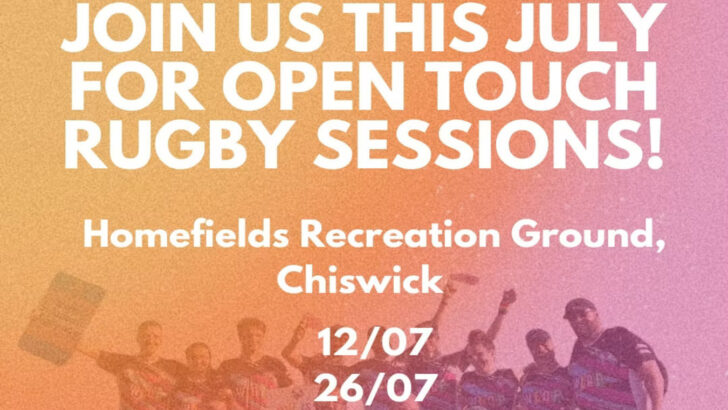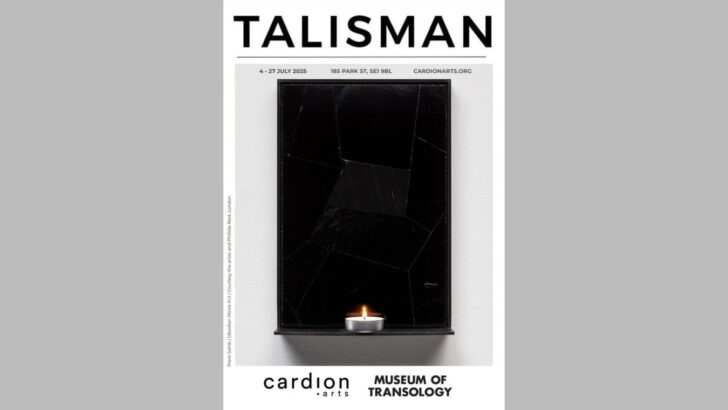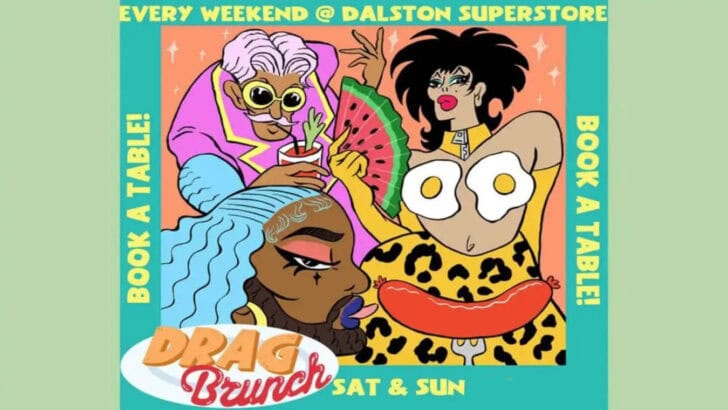We hear from a range of experts, activists and significant figures in the fight against HIV.
Editor’s Letter
Dylan B Jones
This World AIDS Day here at QX, we’re focusing on stigma and PrEP. Of course, the battle against HIV and AIDS is far too nuanced to cover everything with just two subjects, but we think stigma and PrEP are both significant factors in this fight, and probably two of the most relevant issues for our readers.
Stigma is still a massive issue, which much of our community is still guilty of – from passive discrimination like blocking HIV positive users on Grindr, to more aggressive behaviour, like publicly shaming someone for being HIV positive.
The unwillingness or inability to accept this is perhaps largely down to HIV’s association with sex, and the massive and unnecessary hang-ups our society still has around sex. All we can do is continue to normalise and educate, so people are more knowledgeable and less fearful.
PrEP is also significant this World AIDS Day, but for very different reasons. For the first time ever, we’re seeing a drop in new HIV diagnoses in the UK, and it’s mainly down to this new preventative drug. It’s proved controversial though, with the NHS delaying free access, and many critics saying it could result in a rise of other STIs.
In this issue, we hear from a range of experts, activists and significant voices in the fight against HIV, on both of these subjects and more. Remember – so many people still know woefully little about HIV, and the implications it has not just for individuals, but our community as a whole. In these times of political meltdown and social flux, it’s really important to stand up for what you believe in. So on December 1st, wear your red ribbon with pride!
Raj
Raj is a straight man living with HIV. We got him to tell us a bit about his experiences
How much do the straight community know about HIV?
Very little. Before my diagnosis I was very ignorant to HIV. I believed it was something that would never affect me. Things have improved in recent years but education in the straight community is low. HIV awareness is raised in gay bars and gay magazines – there’s no mention of it in straight bars or mags.
Have you experienced a lot of stigma as a straight man with HIV?
The majority of my straight friends have been really supportive after I shared my status. There was only one “friend” who reacted badly. When talking to strangers, a lot of people do just assume I have been with a man/taken drugs, which is why I am HIV+. I was worried about chatting to other football fans on Twitter, but apart from a few idiots they have been really cool about it. I have experienced a lot of stigma when dating though, especially online dating. Some very vile comments used to land in my inbox.
Do you think there’s a lack of representation of straight people with HIV?
Yes, especially straight men, as they are so difficult to engage. There are no support services aimed at straight men living with HIV but this is desperately needed, as sometimes they just remain isolated. That coupled with stigma prevents them from engaging. Straight men need a safe space to deal with their HIV status amongst peers. Integration into the wider HIV community can come when they are comfortable with their status.
What can people do to help their HIV positive friends battle stigma?
Challenge stigma if you hear it. Correct people and educate them. Share posts your friends have put on social media – stand by your friends. This World AIDS Day wear a red ribbon, if asked what it is, explain the meaning of the ribbon, what HIV is and when World AIDS Day is. I guess it all just boils down to helping raise awareness of HIV and Undetectable = Untransmittable
Follow Raj on Twitter @poz_str8
Phil Samba
Social Activist & Writer

STIGMA
HIV stigma is definitely NOT a thing of the past. Especially within certain communities and countries that are not only disproportionately affected by HIV, but also by stigma, lack of awareness and inadequate access to treatment. Should people in these countries become HIV positive, they might struggle to find support. Having a strong support network is a privilege not everyone has.
The best thing people who are not living with HIV can do to help, is educate people around them. They can raise awareness about the fact that people living with HIV on effective treatment can’t pass on HIV and they can call out anyone they come across who is being dismissive of people living with HIV.
PREP
Since the 1980s, black gay and bisexual men have remained the group most at risk of HIV worldwide. Since the introduction of PrEP, HIV incidence in white gay and bisexual men has fallen greatly, but the fall in black men hasn’t been as big. We are far less likely than our white counterparts to take PrEP and also only enrolled on to PrEP trials around the world in tiny amounts.
PrEP has made a massive impact within recent years. For the first time ever, new diagnoses have started to decline and we have the potential to one day eradicate it forever. However, we need to do more to reach the people who are affected. This is about equity not equality – it might be more work to get them talking about PrEP, embracing PrEP, taking PrEP and telling their friends, but just because it takes extra work doesn’t mean we shouldn’t do it.
To people who are against PrEP – I would like to know why. I can understand why they may not want to take it themselves, but I think it’s ridiculous to think it shouldn’t be available for other people, who could benefit from using it in more ways than one.
So many people do not consider the positive effect it can have on a person’s mental health, by putting a stop to the constant anxiety and stress around HIV transmission. It can also positively impact a person’s sex life by increasing and enhancing pleasure and intimacy as a result of no longer living in fear. I can say this from my own lived experience and from the experiences of several people I have helped access PrEP. PrEP is not available in England apart from self-sourcing from www.iwantprepnow.co.uk or the ongoing NHS England PrEP Impact trial.
PrEP shouldn’t be used as an alternative to condoms, but as an extra precaution. If you’re taking it, you must get tested every three months. Testing is vital, as it decreases the number of people living with undiagnosed HIV, who could be unknowingly passing on the virus. Around 1 in 8 people living with HIV in the UK remain undiagnosed. Another reason for testing regularly: the earlier you’re diagnosed, the sooner you can begin treatment. Someone who is on effective medication can live a long, healthy life. When someone is diagnosed with HIV, their viral load is high, which means they can pass on HIV. However, with effective treatment, viral load can be made so low that it is not detectable in a blood test – this is what is called HIV-undetectable. That means you can’t pass on HIV through sex.
The subject of sex can be difficult for some, but despite the huge improvements and all the HIV prevention tools available today, there’s been no change in the number of adults getting HIV worldwide. Testing and treatment is private and confidential and must become as normal as seeing your GP or going to the dentist for a check-up.
Getting tested is about being in control of your sexual health for yourself, for your partners and for our community. Book an appointment today.
Follow Phil on Twitter and Instagram @idiosyncraticxl
Greg Owen
Campaigner and co-founder of iwantprepnow

STIGMA
You don’t have to be living with HIV to understand and feel stigma. QX readers are predominantly gay and bi men, right? We all know that feeling in our stomach before we come out (as gay or bi) to new groups of people or someone we’ve just met. It’s peppered with a bit of anxiety and fear of rejection or persecution – just for being who we are. It’s exactly the same thing with HIV stigma. Stigma makes some people delay testing and in some cases avoid testing altogether – and the outcomes are severe. While we are starting to see rates of HIV in gay and bi men drop in London and England, late diagnosis rates have remained stubbornly high at around 40% for the past five years, and in 2017, 43% of people were diagnosed late.
Experiencing stigma can range from mild to extreme. Sometimes it’s a flashpoint situation. Sometimes it’s just the day-to-day things. Visiting the dentist can be a worrying scenario for some people living with HIV. Do they tell the dentist about their HIV status? If they do, how will the dentist react? People living with HIV who have been on treatment for six months and who are undetectable can’t pass on the virus. So if there’s no risk, is there a need to even inform anyone else? The thing with stigma is, the people experiencing the stigma are usually at the mercy of the other person’s reactions and actions and these depend on the other person’s level of awareness and most importantly, kindness. It can be exhausting to continually have to educate and re-educate people, when all you’re trying to do is a simple everyday thing that most other people go about with little or no concern.
I’ve only been stung by stigma a handful of times, but each time it has hurt. Once was a guy who had been trying to get into my knickers for months, then went really cold after my I announced my diagnosis. I bumped into him a few months later in a bar and he was all over me again. I understood. We can’t expect everyone to be okay with it straight away, every time. I mean, I think it helped that I was looking super-cute when I bumped into him and he felt comfortable enough to ask me some questions, which settled his jumpiness.
Another time I’d been messaging this guy for a few weeks after my diagnosis and he said “I really want to fuck you, you’re really hot and I know the sex would be great. So let’s fuck! But I couldn’t ever date you. Everyone knows you have HIV and if we date then everyone will think I have it too” I was all kinds of confused and upset. I never met up with him and we never had sex.
Overwhelmingly, I was just sad that stigma is such a significant thing for some people that it might deprive them of genuine intimacy and connection. Not just with me – but in general.
Stigma’s main fuels are fear and ignorance. Education usually placates fear. When we start to remove fear and ignorance then stigma starts to die off. With that in mind, I would ask everyone (HIV negative and HIV positive) to learn the facts, the new facts!
Most HIV comes from people who do not know they have the virus. Who “think” they are HIV negative. People diagnosed with HIV, who have been on treatment for six months and who are undetectable can’t pass on the virus to their sexual partners, even without condoms. As an extension of this, people who are undetectable can even have children of their own who will be born free of HIV.
PREP
PrEP is the piece we’ve been missing in changing the tide of the epidemic here in the UK. We know testing and treatment are important but – and this is the big but – we cannot test and treat our way out of this epidemic.
Testing and treating alone are not enough. There’s a huge difference between stopping onward transmission of HIV and providing a tool (PrEP) which prevents acquisition of HIV. We started to see the real significant downward turn in new HIV diagnoses through 2016 into 2017. It’s no coincidence that this is when people started to source generic PrEP online. Those are the facts. Moving forward, we need to make PrEP available and easily accessible in settings other than sexual health clinics.
I understand why some people might be against the “idea” of PrEP. I put it like this – if we had a cure or vaccine for HIV, I’m pretty sure we would all celebrate that and support it. PrEP is the best we have in the absence of those things. If you scratch the surface of people who are against PrEP, there are often a myriad of internalised issues. Those issues can be readdressed and resolved, but only if we want to. It’s not just an individual issue – these things have community wide implications.
PrEP works. It’s safe to use. Please just make sure you are HIV negative before you start taking PrEP and most of all enjoy yourself, live your life, embrace the sex and the connections you want. PrEP is one way we can help people have the sex and the lives they want, with the least amount of unwanted outcomes. It’s been heartwarming to see PrEP users stand up and challenge HIV stigma, the same way a lot of us HIV positive people are out here sticking up for our PrEP buddies.
Charlie Alderwick
Senior Communications Officer at NAT
STIGMA
HIV stigma may have been more flagrant in the past, but at NAT we get daily calls from people experiencing stigma. People denied cosmetic surgeries when it’s perfectly safe, people fired from their jobs illegally, people being harassed. While these calls come in, newspapers are full of nonsense about people ‘needing’ an HIV test after being spat on. Of course, stigma is often more subtle than this, like people not dating someone with HIV even though we know those with an undetectable viral load can’t pass it on. Last year, a study showed 1 in 5 Brits would be ‘uncomfortable’ wearing the red ribbon, so this year we’re saying #RockTheRibbon as proudly as you can. If we make HIV solidarity as loud and visible as we can, we will stamp stigma out.
There is a lot you can do to support someone living with HIV. Just be there for them, don’t disclose their status to others, wear a red ribbon, donate to HIV charities. One of the best things you could do is use your voice to counter ignorance. Don’t leave it to somebody else to speak up when you see stigma online. Don’t leave it up to people with HIV to get the message out that those on effective treatment can’t pass the virus on. Don’t leave it up to people with HIV to explain that their virus is not a death sentence. It sounds obvious to those in the know, but a lot of LGBT people still need to hear this, and the general population certainly do.
PREP
People’s argument against PrEP is usually that people will stop using condoms and STIs will go up. In response to this we would say, well what if there was a vaccination 100% effective in preventing HIV, or even a cure? Would you say ‘let’s not vaccinate people against HIV because they might have condomless sex?’ It’s really the same logic for PrEP. No one ever eliminated an epidemic by ignoring new technologies.
Those against PrEP often say ‘just use condoms’. But gay and bisexual men are actually already much better than the general population at using condoms. We now have PrEP, but we’ve had the contraceptive pill for decades, and condom use amongst young straight people is way lower than it ought to be to prevent STIs.
Condoms are crucial in the fight against HIV but this is the real world and people will never use them absolutely 100% of the time – so why not add an extra prevention tool? The fact that diagnoses are finally going down after 30 years of promoting condoms shows that, all along, we needed extra tools to fight HIV.
If you are not consistently using condoms and have multiple partners, PrEP could work for you and give you real peace of mind. Do not buy and use PrEP without first having an HIV test. PrEP is for HIV-negative people; if you are already living with HIV without realising, using PrEP could complicate the treatment you actually need for your HIV.
You can buy PrEP online at iwantprepnow.co.uk, or you can buy it through Dean Street, who will do the blood tests you need as well. If you have low or no income, the Terrence Higgins Trust may be able to supply you with PrEP through their new fund. You can also support NAT as we push the NHS to either get rid of the limit on trial places, or roll out normal commissioning as soon as possible. NAT won on PrEP in court and we are optimistic about winning again by getting PrEP to everyone who needs it.
Charity Nyirenda
Member of The NAZ Project
My name is Charity, I am from Zambia and I have been living well with HIV for fifteen years now. I am undetectable and transmittable.
I’ve experienced stigma and discrimination before – it was at a hospital, when the receptionist said, I’d be the last person to be seen because I have HIV. It was said in front of other patient sitting in the corridor, waiting to be seen.
In my experience, people’s knowledge about HIV is poor at best. Younger people are far more aware, but I think people over 30 years old have very little awareness about it.
For people who are non-positive, they can help their friends by supporting them to adhere their medication. It’s important for people who live with HIV to take medication every day, exactly as prescribed by the doctor. You can also listen to them and offer support if they need anything. They should learn and get support from others and get more information about HIV.






